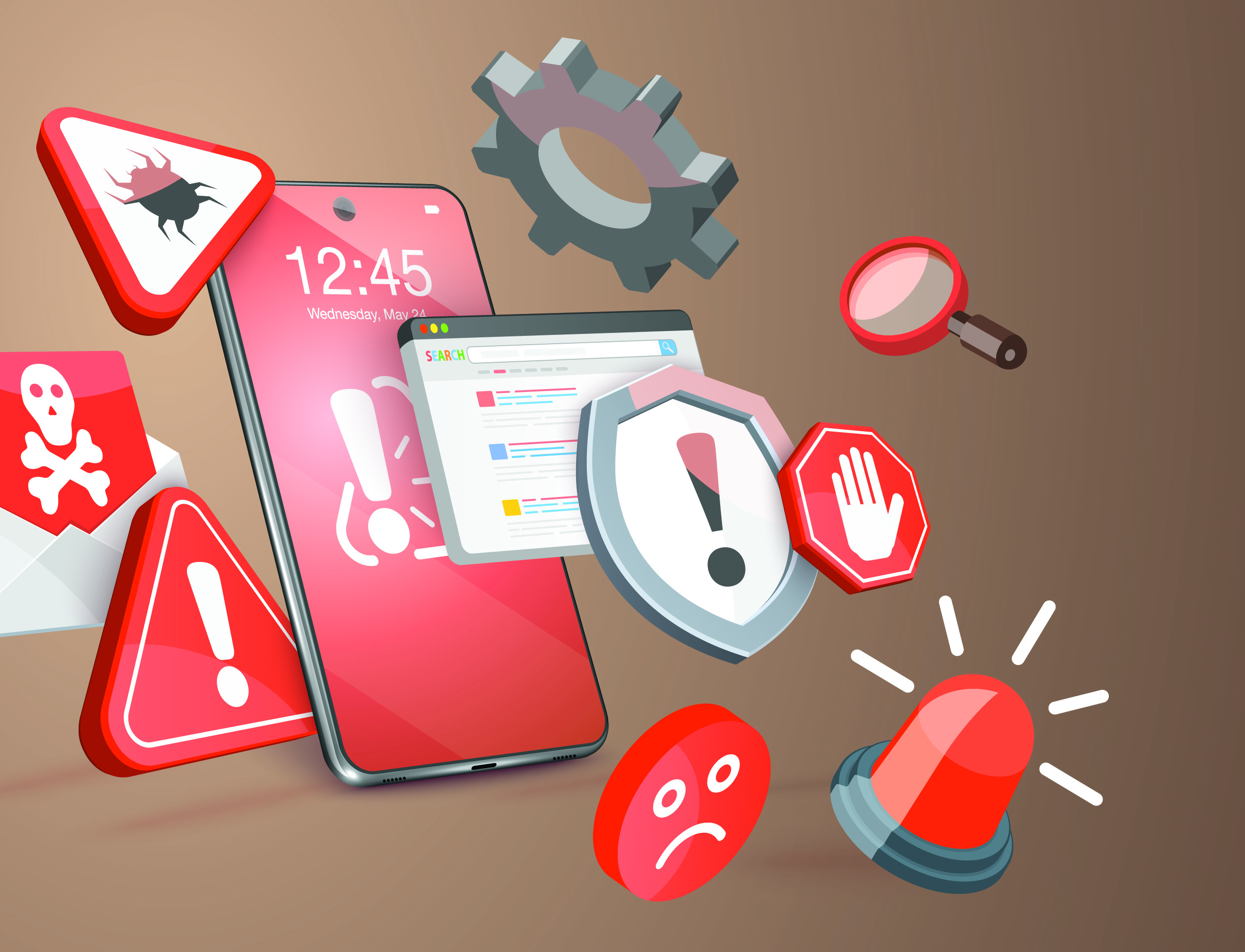by Guy D’Andrea
Atraumatic event can leave a lasting impact. The survivor is often left dealing with physical pain and mental scars. Sometimes, the road to recovery can be just as daunting, whether it’s years of physical therapy, emotional support or adapting to unintentional lifestyle changes due to the injury. The quote above suggests while survivors of personal injury are forced to carry their pain, pathways of support exist, and many are necessary to ensure the person has the tools they need to overcome their tragedy.
When a traumatic event occurs, don’t hesitate. Your health should be your top priority. Seek help immediately, even if your injury appears to be minor. While physical injuries can be visceral, mental trauma can be just as damaging. Many survivors develop post-traumatic stress disorder, anxiety and depression. Nearly eight people out of every 100 people will experience PTSD at some point in their lives, according to the National Center for Post-Traumatic Stress Disorder. Talking with a mental health professional is a necessary step in healing the mind after a traumatic event.
Various strategies exist for coping with injury. Self-care is a critical part of recovery following any traumatic event. Mental health professionals often advise keeping a journal or writing down emotions. This allows the survivor to find clarity from within, safely and privately. Support groups can offer survivors a chance to meet others who have suffered similar injuries. Allowing oneself to return to a community atmosphere will provide the necessary relationships and support to accept change.
There can be a stigma related to seeking mental help. Some struggle to relive the event or face an uncertain future because of the impact of the injury on their lifestyle. Others may have misconceptions due to stereotypes or cultural prejudices about mental illness. Social psychologists and national non-profits are working to change this narrative, putting a focus on the importance of mental health in the hopes of changing the impact of stigma so more people in need feel empowered to seek help. The other challenge survivors may face is overcoming solitude. Their injury could have disrupted relationships, whether it be with their spouse or loved ones. Taking the time to grieve such a loss is essential. Healthy suggestions include expressing your emotions through journaling, art and speaking with a professional.
There are government and non-profit organizations devoted to helping victims. Some offer counseling, which includes mental health professionals, life coaches and support groups. One resource that can help is the 988 Lifeline, a national crisis center network that provides free and confidential emotional support. The government-run resource is available 24 hours a day, seven days a week. In addition, survivors and their families can utilize other services to find jobs, food and transportation. There are also resources to help family members cope with the indirect impact on their lives.
While survivors of traumatic injuries may initially feel alone and helpless, it’s important to note this is not true. No one is ever alone. While each survivor’s road to recovery may not follow the same pathway, there are steps to better oneself. As the unknown author of the quote suggests, a survivor can learn to live with the trauma and thrive in spite of it.








Leave A Comment